How the south korean languge was designed to unify ?!!
‘Uri’ isn’t a mere grammar point, it’s a cultural canon that captures the very essence of a nation.
“Our husband is also a teacher,” my co-worker told me as she noisily slurped her soup. She was seated beside another colleague, who was slurping hers, too.
I was confused. Had I misheard her? Were these women married to the same person? “She’s talking about her husband,” the second co-worker clarified, perhaps noticing my blank stare. “In Korea, we often say ‘our’ or ‘we’ instead of ‘my’ or ‘I’.”
The three of us were in the cramped staff lunchroom of my new workplace, Mae-hyang Girls’ Middle School, getting to know each other between the fourth and fifth periods. Fumbling to take a bite of kimchi, I was struggling to get a grip on my slippery metal chopsticks – and, it seemed, on the Korean language.
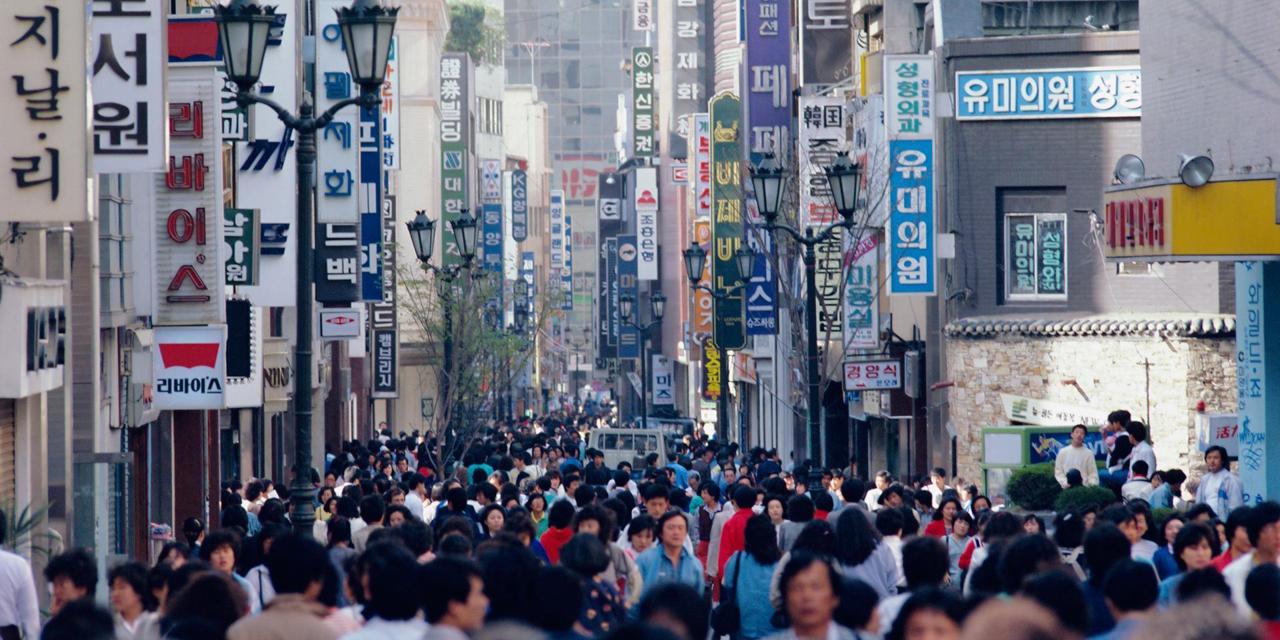
It was my first week in Suwon, South Korea, working as an English language teacher. I was fresh out of university from the US state of Wisconsin, on my first international job contract and impossibly excited. I didn’t know it at the time, but South Korea would be my home for the next four years.
Throughout those years, this curious ‘our’ or ‘we’ – in Korean, ‘uri’ – cropped up again and again. Out of all the words explained to me, it was the one to make the biggest impression and leave the deepest, most enduring mark. Because, as it turned out, uri wasn’t a mere grammar point, it was a cultural canon. It captured the very essence of a nation. “Korean people use ‘uri’ when something is shared by a group or community, or when many members in a group or community possess the same or similar kind of thing,” Beom Lee, a Korean language professor at Columbia University, told me in an interview. “[It’s] based on our collectivist culture.”

South Korea’s communal values are tied to its compact size, ethnically homogenous population and ardent nationalism. Here, a house – even one you pay for – is not yours; it’s ours. Likewise, my company is our company, my school is our school and my family is our family. Just because I might own or belong to something individually doesn’t mean others do not have a similar experience of ownership or belonging. To say ‘my’ is almost egocentric.
“Korean people always use uri nara (our country) instead of nae nara (my country). 'Nae nara' sounds weird. It sounds like they own the country,” Lee said. “Nae anae (my wife) sounds like he is the only person who has a wife in Korea.”
Above all, the country’s cultural collectivism is a testament to its long history of Confucianism. While South Korea has outgrown its dynasty-era, class-based hierarchy, it holds onto its Confucian ethics that dictate individuals should approach social contexts – from ordering food and drinks with friends to riding public transport with strangers – with the group in mind. In group networks, the ‘we’ is the collective Korean self, according to Boston University cultural studies professor Hee-an Choi, and it’s indispensable to the ‘I’.
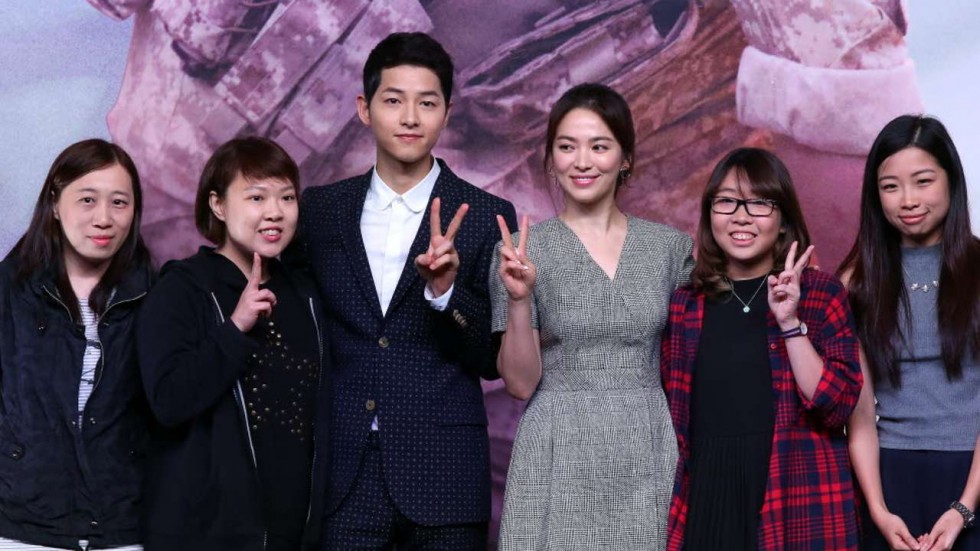
“There is no clear boundary between the word ‘I’ and the word ‘we’,” Choi writes in her book A Postcolonial Self. “As the usage of the words ‘we’ and ‘I’ are often interchangeable, so too is the identity of the ‘we’ often interchangeable with the identity of the ‘I.’ The meanings of ‘we’ and ‘I’ are negotiable not only in colloquial Korean usage but also in the consciousness and unconsciousness of Korean minds.”
Not long after I joined Mae-hyang as its only native English language teacher, I also became its only non-native Korean language student. My instructors, a giggly gaggle of teenaged girls in red plaid uniforms, would meet me in my classroom after school, notebooks, flashcards and dictionaries in hand and grins spread wide across their faces. “You are a student, just like us!” they said. “Yes, I am!” I smiled.
It wasn’t only my students who were eager to be my teachers.
It was also my co-workers, bosses, neighbours, landlords and even the occasional taxi driver or shop assistant or bartender. They all took the opportunity to teach me a thing or two about this tongue that once belonged to me, but then suddenly did not when I was adopted to the US from South Korea as a child. “You are Korean,” they would tell me, “so it’s important for you to speak the language that Koreans speak.”
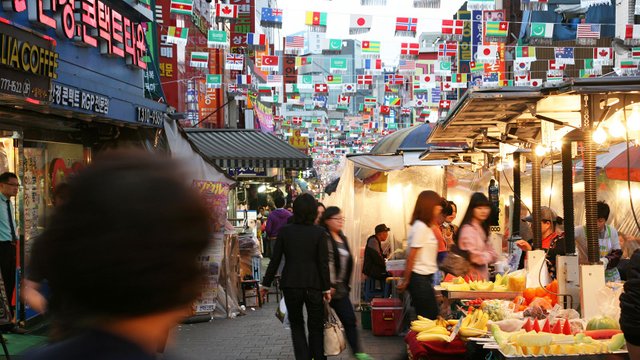
Being Korean meant knowing Korean. To understand myself was to make sense of the country. Such notions were blurry to me then, but would eventually come into focus as one and the same, at least based on traditional attitudes of Korean togetherness.
The 1400s in Korea was the golden age of its Joseon Dynasty, which reigned for five centuries and counts the Korean alphabet among its numerous scientific and cultural legacies. Before then, the kingdom, lacking a script of its own, borrowed Chinese characters to write Korean speech. But the classical Chinese system was too difficult to be democratic, its logographic nature ill-suited to Korean’s complex grammar. Seeing that large sectors of society were unable to adequately express themselves, King Sejong commissioned the invention of Hangeul in 1443.
One of the few scripts in the world to be deliberately designed, not organically evolved, Hangeul was intended to be easy for everyone, from the richest royalty to the poorest peasant, to learn how to read and write.
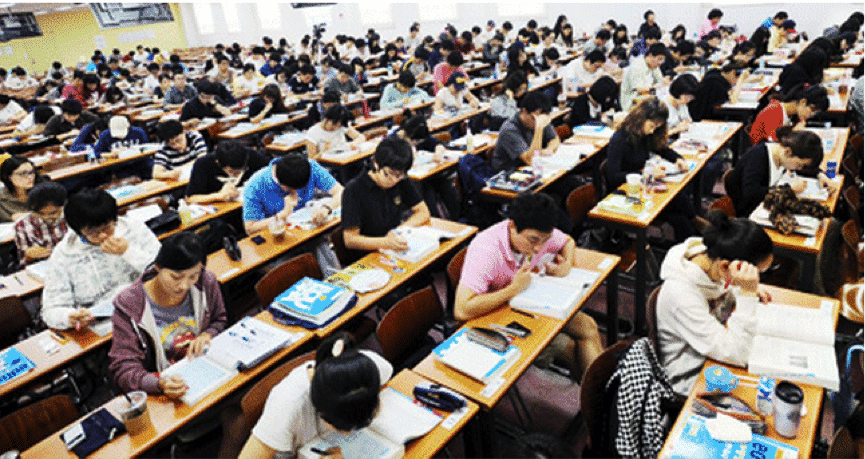
Being Korean meant knowing Korean. To understand myself was to make sense of the country. Such notions were blurry to me then, but would eventually come into focus as one and the same, at least based on traditional attitudes of Korean togetherness.
The 1400s in Korea was the golden age of its Joseon Dynasty, which reigned for five centuries and counts the Korean alphabet among its numerous scientific and cultural legacies. Before then, the kingdom, lacking a script of its own, borrowed Chinese characters to write Korean speech. But the classical Chinese system was too difficult to be democratic, its logographic nature ill-suited to Korean’s complex grammar. Seeing that large sectors of society were unable to adequately express themselves, King Sejong commissioned the invention of Hangeul in 1443.
One of the few scripts in the world to be deliberately designed, not organically evolved, Hangeul was intended to be easy for everyone, from the richest royalty to the poorest peasant, to learn how to read and write.
foreign tongue sounded cold, even selfish, when she studied it as a young girl. If the Korean language, from its letters to its words, was built to be communal, then the English language seemed excessively individualistic. Everything was “my, my, my” and “me, me, me,” she said.
In American culture, the ‘my’, ‘me’ and ‘I’ exist as an autonomous entity, according to University of Hawaii professor of Korean language and linguistics Ho-min Sohn. But in Korean culture, they do not.
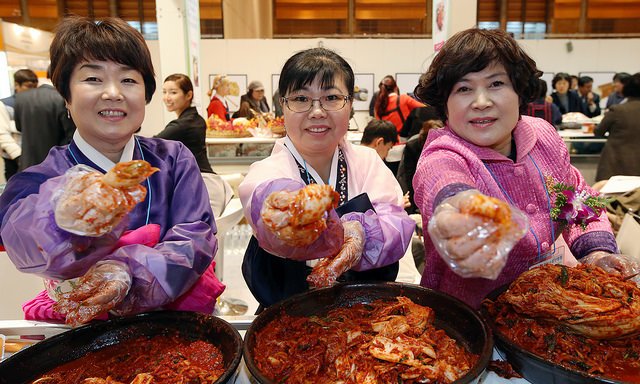
“While Americans generally have an egalitarian and individualistic consciousness, highly valuing personal autonomy, Korean interpersonal relations are, in general, still strongly tied to social hierarchism and collectivist ideals, highly valuing interpersonal dependency,” Sohn wrote in his book Korean Language in Culture and Society.
When Choi, the librarian, met her American husband, Julio Moreno, in South Korea, the contrasts between their two cultural communications became all the more apparent. Moreno, too, noted misunderstandings. An English language teacher and blogger, he recalls overhearing his students chatting about “their mother” and wondering how so many of them could be siblings. “It was very confusing,” Moreno laughed.
Grasping singular and plural possessive pronouns, professional translator and interpreter Kyung-hwa Martin can attest, is one of the greatest challenges for Koreans studying English and vice versa. Ultimately, learning another language necessitates learning another perspective. “Language and culture are embedded in each other. Language reflects culture and culture reflects language,” said Martin, who moved from Seoul to Virginia. “When you learn a different language, you have to think differently.”
For me, thinking differently didn’t come easy.
If one half of my most idealised identity was supposed to be American independence and exceptionalism, then the other half was Korean collectivism. It was a dichotomy I didn’t know how to reconcile. And the consequences weighed heavily. But the disappointment I so routinely sensed from my peers, I came to realise, wasn’t the condemnation I mistook it for, but an innate yearning for unity. It’s a lesson I still sometimes forget, but I know I can rely on uri to remind me.
thanks for reading and don't forget to upvote! @sweetness1231
I spent a while 'teaching' English to Korean missionaries. I was always encouraged in my teaching by the love these students had for their own language. I thought, 'what if I could instill that passion in them about English?'.
In the end, we dispensed with textbooks during most of our lessons (there wrre certain school requirements that had to be met though) and we approached things through a live and pride in our own languages.
I think it worked.
that's great nice work! i like your ambitious and i wish everybody try helping things have value like what you do !